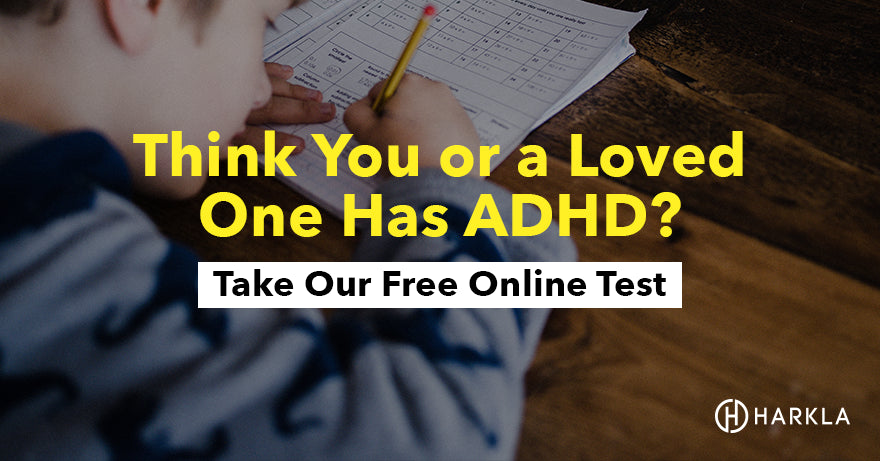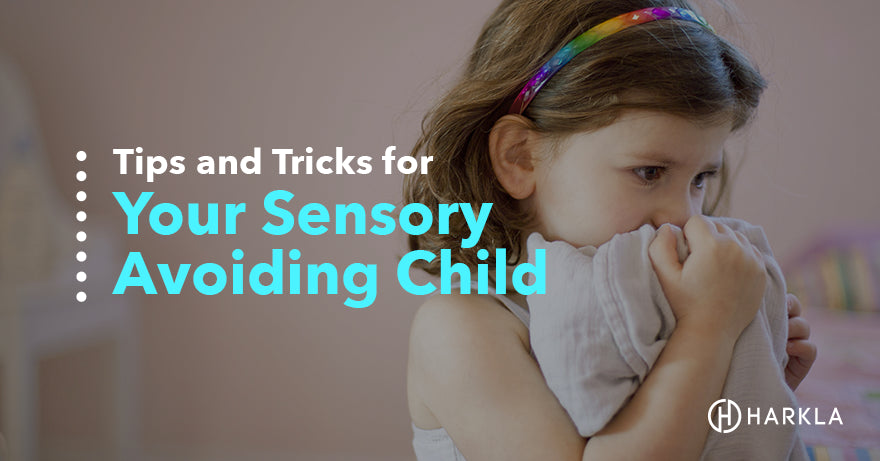Your Cart is Empty

This test is not an official assessment, but more of a tool to help you determine if an official assessment would be useful.
Think you or a loved one might have ADHD? Take our free ADHD test online to quickly check for common symptoms. This simple quiz can be used as a self-assessment or as an ADHD test for someone else, such as a partner, parent, or friend.
Attention-deficit/hyperactivity disorder (ADHD) is one of the most commonly diagnosed mental health disorders in today’s world. Approximately 4% of the U.S. adult population and 9% of the U.S. child population has a diagnosis of ADHD.
Symptoms can be present as young as age three and for most individuals will be present before adolescence. It is more common in males than in females. Symptoms can be classified as mild, moderate, or severe.
ADHD is generally characterized by the presentation of symptoms. These symptoms can be categorized into three types, including hyperactivity/impulsivity, inattention, and combined type. We will explore each of these areas below, in our ADHD symptom checklist.
Sometimes the concern isn’t just about you - you may be wondering, “Does my partner have ADHD?” or “Does my mom or dad have ADHD?” Maybe you’re noticing signs in a close friend. This quiz works as both a self-assessment and an ADHD test for someone else.
If you’re taking the quiz on behalf of your partner, parent, or friend, think about the behaviors you observe in their daily life. While this tool can’t provide a formal diagnosis, it can highlight patterns that may be worth discussing with a healthcare professional.
Below, we have compiled a list of symptoms of ADHD, which can help you determine if you or a loved one may have ADHD. Please note that in no way is this a formal assessment. This symptom checklist should not be considered a diagnostic tool. Only a trained professional, most commonly a psychologist or psychiatrist can diagnose ADHD.

This checklist has been broken down into three general symptom areas: Hyperactivity/Impulsivity, Inattention, and Behavioral.
It can be used for both children and adults.
Please use this ADHD test online as a screening tool, to determine the need for further assessment. If you answer "yes" to 8 or more questions, then it may be appropriate to seek out professional guidance.
It is important to make a few important notes when discussing ADHD, its symptoms, and diagnosing ADHD. When we are discussing children, it is important to note that most children are busy, active, “on-the-go,” and many also have trouble sitting still. Most children are also generally moving frequently, climbing, running, etc. It is also common for young children to have short attention spans or have difficulty paying attention.

If a child is experiencing ADHD symptoms, these symptoms will be above average from what a typically developing child would experience. When we consider adults with ADHD, the traditional “hyperactive” piece may not be as present. In adults, hyperactivity typically manifests more as being restless, fidgety, and having difficulty sitting still for long periods of time. Each individual will have their own unique symptom presentation, and this will be dependent upon a variety of factors including, but not limited to, age, gender, personality characteristics, energy level, etc.
We wanted to note this to emphasize the importance of seeking out a comprehensive assessment for you, your loved one, or your child to help determine whether or not the symptoms you are witnessing are truly related to ADHD.
For an ADHD diagnosis to be given, symptoms must be experienced for at least six months and the symptoms must have a significant impact in at least two settings in the child or adult’s life.
For example, if a child is experiencing inattention symptoms at home, then they must also be experiencing these symptoms at school to be diagnosed with ADHD. The same sentiment applies to adults being diagnosed with ADHD.
If a formal assessment is warranted, a battery of tests will be completed. This will likely include a comprehensive medical, educational, and family history, observation by the trained professional giving the diagnosis, self-report assessments given to the individual being assessed, and parent, caregiver, and teacher report questionnaires.
Each of these items is taken into careful consideration and after all the information is compiled, a formal diagnosis will be given with further recommendations for treatment.
If you, your child, or a loved one is experiencing symptoms of ADHD, these symptoms can have a great impact on daily life and daily routines. We hope that this ADHD symptoms checklist provided you with a better understanding of ADHD symptoms and helped you determine whether or not to seek out a formal assessment.
It is important to bring up these concerns with you or your child’s primary physician, as they can assist with determining the best course of action for assessment and potential treatment options.
References
Hamed, A.M, Kauer, A.J., & Stevens, H.E. (2015). Why the diagnosis of attention-deficit/hyperactivity disorder matters. Frontiers in Psychiatry, 168 (6).
Wilens, T.E., & Spencer, T.J. (2010) Understanding attention-deficit/hyperactivity disorder from childhood to adulthood.Postgraduate Medicine, 122 (5), 97-109.
Comments will be approved before showing up.


Keemo
March 25, 2022
i have hard time focusing on task and following instructions that were given